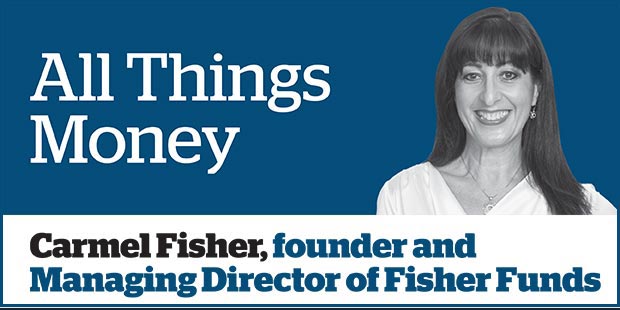Manipulation...it's one of those words that sounds like it means something bad.
There's a good side to manipulation - like a chiropractor kneading out a knot in your shoulder - but mostly it means controlling or arranging something to your advantage (and at someone else's expense). Collusion is another word that can't possibly be read in a positive light.
A story last week reported that four of the world's largest banks - Royal Bank of Scotland, Barclays, JP Morgan Chase and Citigroup - admitted currency collusion and manipulation and were fined a total $US5 billion. That's a big fine, but it was a big crime.
The fine could quite possibly be pocket change compared to the profits made by these banks who, on an almost daily basis for five years, colluded via a private chat room to manipulate currency markets for their trading benefit, harming countless consumers in the process.
How worried should investors be about potential market manipulation and what can we do about it? If big entities like banks can get away with it for years, how can we protect ourselves from being on the wrong side of a transaction?
Without being glib, I think investors have to accept, to some extent, market manipulation comes with the territory. I'm not talking about rogue traders and unscrupulous individuals who, through their talk and actions, move prices in their favour. Fortunately, they tend to be few and far between and are increasingly nailed by vigilant regulators.
Rather, there is a degree of manipulation in markets that has been going on for years and is unlikely to disappear any time soon.
Probably the most obvious example in recent years is the US Federal Reserve and other central banks. You have to call their quantitative easing policies market manipulation. By artificially suppressing interest rates, the Fed's QE programme distorted the way markets would have otherwise behaved, encouraging asset prices to rise and investors to seek certain assets, knowing the Federal Reserve would be there as backstop.
The Fed would argue that this market manipulation was good - undertaken in order to stimulate economic growth, beneficial to the US and the world. But it was manipulation nevertheless.
Remember the LIBOR scandal? That erupted in 2012 after several global banks admitted to manipulating the LIBOR (the London Interbank Borrowing Rate) rate to boost their profits fraudulently. This was significant as the LIBOR is the world's most important benchmark interest rate, used as a reference for hundreds of trillions of dollars of financial products around the world. There was evidence the manipulation had been going on for more than a decade.
There have also been instances of manipulation or "market rigging" in commodities (such as gold and silver) and other assets over the years; so much so that regulators and governments, in an effort to restore confidence, are working towards making manipulation a criminal offence, which will hopefully act as a deterrent in the future.
In a big, fast and complex global market environment it is likely manipulation in one form or another will continue for some time yet. While investors are powerless and, in most instances, completely unaware it is going on, at least knowing regulators are working to curb it helps us cope.
To my mind, market manipulation by central and private banks is not too different to the high frequency trading that can move markets in seconds, for the benefit of certain traders and to the detriment of those on the other side of the trade. I know it favours some investors over others - but that's life in investing.
If I thought too hard about how powerful these forces are, and how powerless I am in the face of it, I might be tempted to stay out of the market. But then I would have allowed myself to be manipulated out of the opportunity to make money - and that would be silly.

